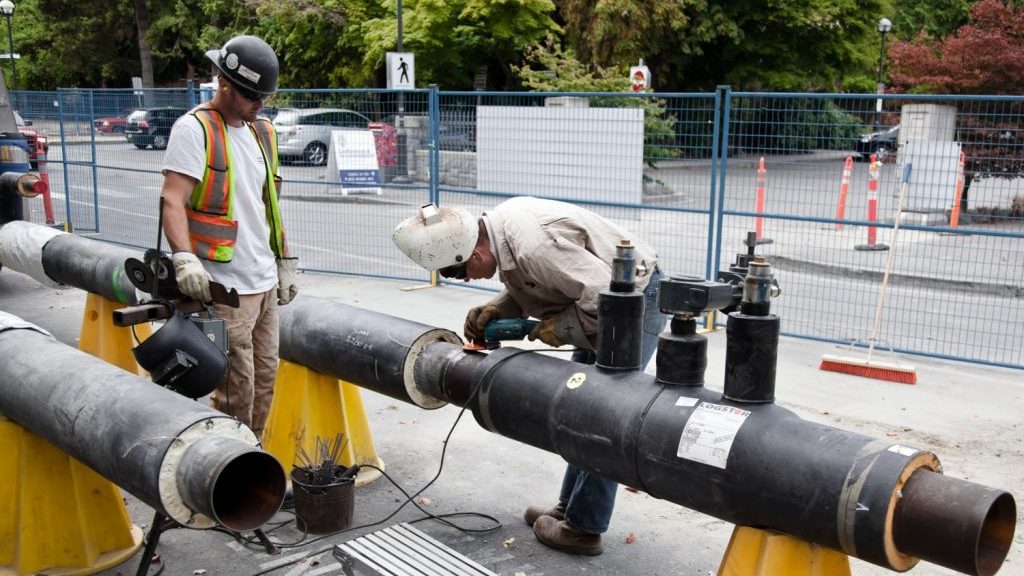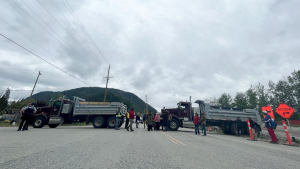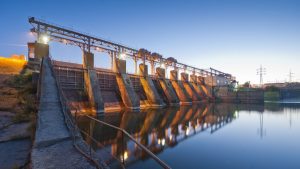Division 15 Mechanical Ltd. is a Surrey, B.C.-based company that provides design-build, design-assist and construction services for mechanical systems in British Columbia.
The company is also making a name for itself as a specialist in district energy systems (also known as neighbourhood energy systems).
“We do many of the district energy systems in the Lower Mainland,” said Dinos Hadjiloizou, Division 15’s vice-president and general manager. “It’s a niche market and district energy is part of our expertise.”
Division 15’s proficiency serves it well in the region, where energy and the environment are taken very seriously.
In the City of Vancouver, for example, the development of neighbourhood renewable energy systems is part of the municipality’s strategy for meeting the Greenest City 2020 Action Plan and Renewable City Strategy.
Neighbourhood energy systems have a central heating plant and deliver hot water via underground pipes to multiple buildings.
There the hot water goes through energy transfer stations (heat exchangers) so the energy can be used by the buildings’ occupants.
The systems use low-carbon renewable energy sources, such as sewage waste heat, to reduce the use of fossil fuels.
They also eliminate the need for boilers in individual buildings, and provide environmentally-friendly, affordable heat and hot water.
“In Vancouver, there’s a city-owned energy centre under the south side of the Cambie Street Bridge that takes waste heat from sewage and sends it by an insulated pipe network to 34 buildings on the south side of False Creek,” said Chris Baber, neighbourhood energy manager in the City of Vancouver’s engineering services department. “Each building has a heat exchange for water and another for space heating. The network is growing as buildings are redeveloped. It’s being expanded now to lower Main Street and the False Creek Flats.”
Division 15’s Hadjiloizou says the company got into district energy systems in 2009 when it installed a network in Vancouver’s Olympic Village.
“We began with the energy transfer stations,” he said. “Since then we have expanded into all aspects of district energy systems. Most of the time we have worked as the prime contractor on the projects, as the party that implements the mechanical engineering consultants’ designs.”
For example, Division 15 was the prime contractor on the University of British Columbia’s steam-to-hot water conversion district energy project.
The conversion to a more efficient hot water system resulted in a significant reduction of heat distribution losses.
The work involved installing more than 30 energy transfer stations in parallel with existing steam infrastructure, retrofitted within existing buildings, complete with heat exchangers, pumps and controls.
One of the largest projects of its kind in North America, the project was undertaken in a number of phases and was completed in 2015.
Hadjiloizou says Division 15 has 10 DES specialists in the company.
“They’re all district energy gurus,” he said. “They have to be experts, because it’s specialized work. Most of them have an engineering background.”
Division 15’s DES team uses proprietary welding procedures to build its elaborate distribution piping systems.
“Our welding procedure is registered with Technical Safety BC (an independent organization that oversees the safe installation and operation of technical systems and equipment),” said Hadjiloizou. “Underground welded distribution pipes operate under high pressure, so they have to undergo a radiographic exam (like radar) to make sure the welds don’t leak.”
Hadjiloizou says Division 15 uses BIM (building information modeling) technology to build 3D models of the energy transfer systems before it builds and installs them.
“We scan the existing mechanical room, build a model of the equipment to be installed, prefabricate it off-site, then deliver and install it onsite,” he said. “In that way we can do it with minimal disturbance.”
Division 15 recently completed the first phase of Creative Energy’s South Downtown neighbourhood energy system.
The project involved installing a district energy underground piping system as well as supplying and installing a large energy transfer station.
Located along Pacific Boulevard, the new system will serve the developing Vancouver House development and, in the future, other developments in the area.
In another news, Division 15 is the prime contractor on Corix Utility’s Burnaby Mountain Energy Project, which recently began construction.
The system will provide heat and hot water to new housing in Simon Fraser University’s UniverCity development.
Still in its early stage of construction, the Burnaby Mountain District Energy Utility is powering nine recently completed buildings through a temporary high-efficiency natural gas power plant.
A larger biomass facility will be constructed when sufficient demand has been created.











Recent Comments
comments for this post are closed